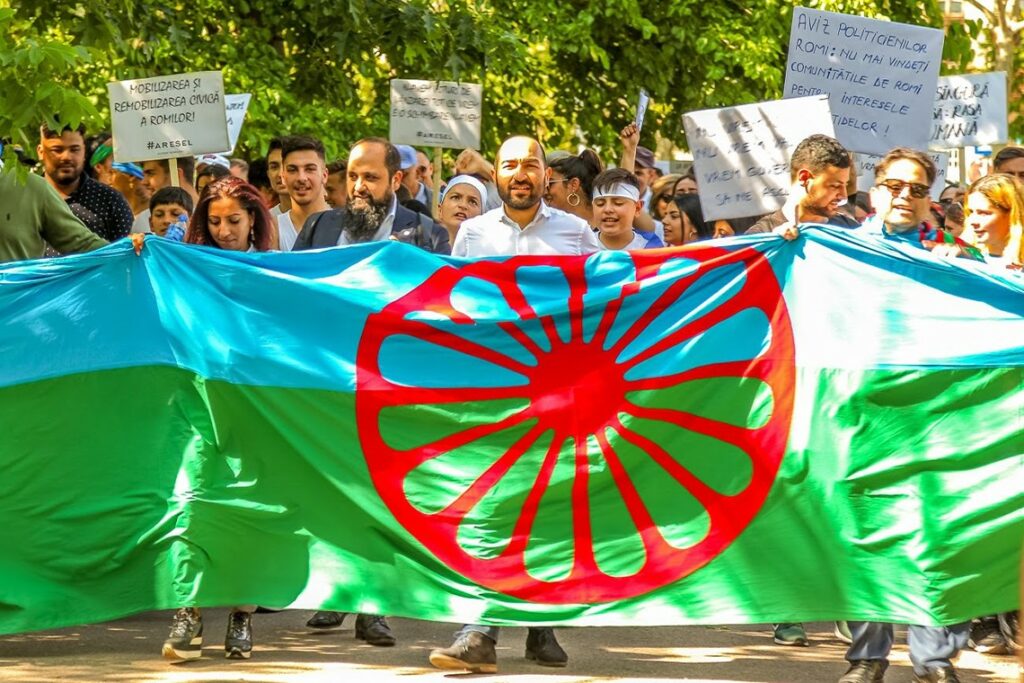Commemorating the International Roma Day on 8 April, the European Commission issued a statement calling on all EU member states and candidate countries, particularly those with a significant Roma population, to step up their efforts to integrate Roma in society and achieve visible progress.
The statement, signed by Vice-President for Values and Transparency, Vĕra Jourová, Commissioner for Equality, Helena Dalli, and Commissioner for Neighbourhood and Enlargement Negotiations, Olivér Várhelyi, draws attention to the precaurious situation of the Roma minority in Europe and the discrimination of it in all spheres of life.
International Roma Day is dedicated to Europe's largest ethnic minority. It is a celebration of diversity, of Roma culture and art, of their language and contribution to European history and society.
53 years ago, on 8 April 1971, representatives of Roma people from different backgrounds and countries met at the first Roma congress and together agreed on the Roma flag, the Roma anthem and the common name ‘Roma'.
The Roma are Europe's largest, and most discriminated ethnic minority, with 10-12 million Roma living in the EU and in the candidate countries, according to the Commission.
Today Roma still face high levels of antigypsyism and discrimination in their daily lives, the statement says. 80% of Roma in 10 EU countries are at risk of poverty, 52% experience housing deprivation, 22% live in homes without running water. Roma continue to face serious challenges in accessing rights and services equally. This also includes equal access to quality education, employment or healthcare.
The EU Roma Strategic Framework 2020-2030 has set targets for member states to reach by 2030 including cutting the poverty gap between Roma and non-Roma by at least half, decreasing the gap in housing deprivation faced by Roma by at least one-third, and reducing the proportion of Roma children attending segregated primary schools. The candidate countries have also adopted National Strategies aiming to align their policy with the EU Framework.
For an assessment of the national Roma strategies a part of its 2020-2030 plan on supporting the equality, inclusion, and participation of Roma in the EU, click here.
This year, the International Day marks the launch of the Romani Week 2024, a yearly event coordinated in Brussels by the ERGO Network for civil society organisations, European institutions, and other international and intergovernmental organisations.
The director of ERGO Network, Gabriela Hrabanova, commented that in recent years, Europe has witnessed a surge in anti-racism movements spurred by initiatives like Black Lives Matter. “However, paradoxically, this surge has been accompanied by the ominous rise of far-right ideologies and xenophobic sentiments across the continent.
National Roma Strategic Frameworks often falter in implementation, leaving Roma communities vulnerable to social exclusion and marginalization, according to ERGO.
Update: A previous version of the article has been updated to include information about the Romani Week 2024 in Brussels.
M. Apelblat
The Brussels Times

